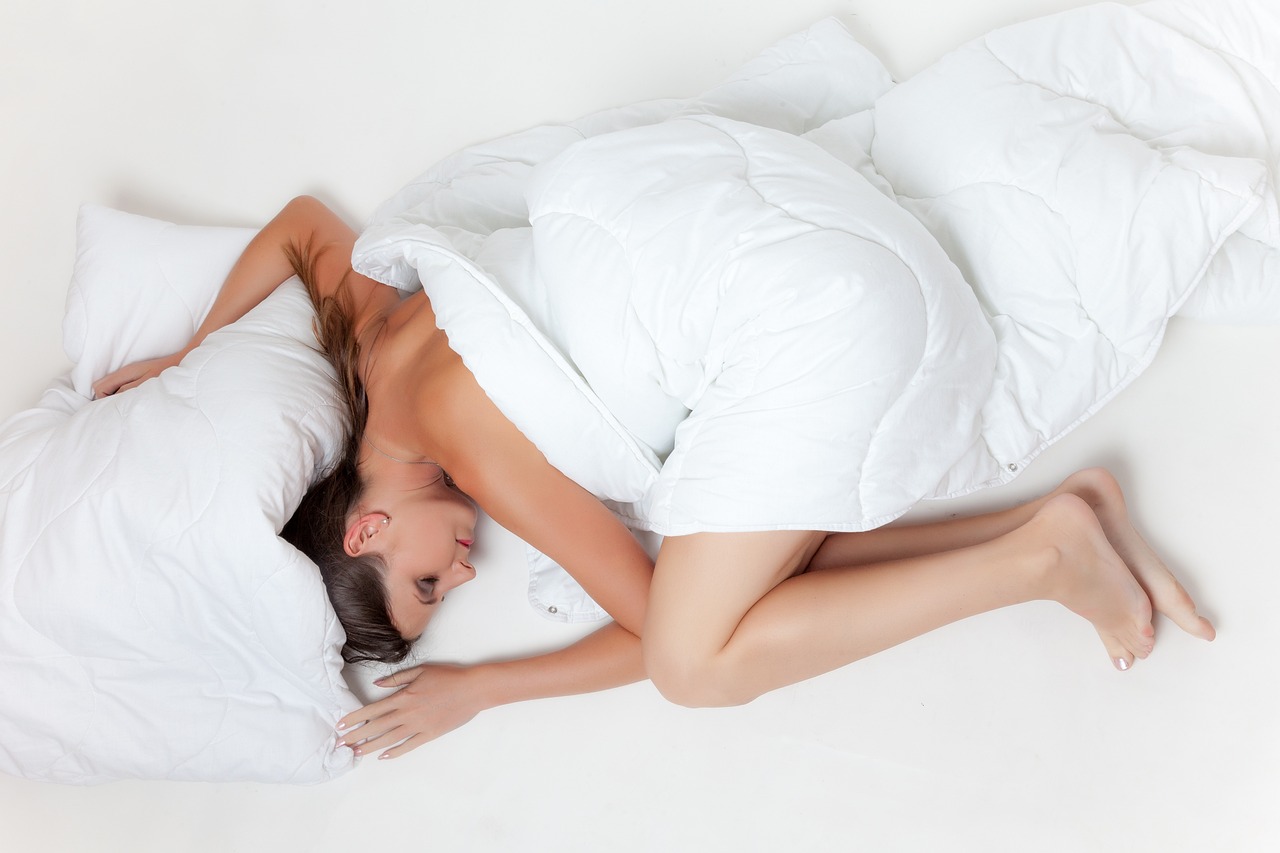Tips to Sleep Better
Unlock the Secrets to a Restful Night’s Sleep
Sleep is a vital aspect of our daily lives, and establishing a consistent sleep schedule is crucial for achieving better sleep. Your body operates on a natural circadian rhythm, and disrupting this rhythm can lead to sleep disturbances. By setting a regular bedtime and wake-up time, even on weekends, you can regulate your body’s internal clock and make it easier to fall asleep and wake up naturally.
Create a Soothing Bedtime Routine
A relaxing bedtime routine signals to your body that it’s time to wind down and prepare for sleep. Avoid stimulating activities before bed, such as watching TV or scrolling through your phone. Instead, engage in calming activities like reading a book, taking a warm bath, or practicing relaxation exercises like deep breathing or meditation. This helps your body transition from a state of alertness to a state of relaxation, making it easier to fall asleep.
Optimize Your Sleep Environment
Your sleep environment plays a significant role in the quality of your rest. Keep your bedroom dark, quiet, and cool to promote better sleep. Invest in blackout curtains, earplugs, or a white noise machine if necessary. Additionally, ensure your mattress and bedding are comfortable and supportive to prevent tossing and turning during the night.
Incorporate Physical Activity into Your Day
Regular exercise can improve sleep quality by helping you fall asleep faster and enjoy deeper sleep. Aim for at least 30 minutes of moderate exercise most days of the week, but avoid vigorous workouts close to bedtime, as they can stimulate your body and make it harder to wind down
.Monitor and Regulate Your Diet
What you eat and drink can impact your sleep quality. Limit caffeine and avoid heavy meals close to bedtime, as they can disrupt your sleep. Instead, opt for light, nutritious snacks if you’re hungry before bed. Additionally, consider incorporating sleep-promoting foods like almonds, bananas, and herbal teas into your evening routine.
Manage Stress and Anxiety
Stress and anxiety can take a toll on your sleep quality, making it difficult to relax and fall asleep. Practice stress-reduction techniques like yoga, progressive muscle relaxation, or journaling to calm your mind before bed. If stress is overwhelming or persistent, consider seeking professional help from a therapist or counsellor
.Limit Screen Time Before Bed
The blue light emitted by electronic devices like smartphones, tablets, and computers can interfere with your body’s natural sleep-wake cycle. Avoid using these devices in the hour leading up to bedtime, or use blue light filters to minimize their impact. Instead, engage in relaxing activities that promote sleepiness.
Cultivate a Positive Sleep Mindset
Your mindset plays a significant role in your ability to sleep well. Instead of worrying about not being able to sleep, focus on positive thoughts and relaxation techniques to help ease your mind. Remember that occasional sleep disturbances are normal and try not to stress about them.
The Role of Naps in Sleep Quality
While napping can be a great way to recharge during the day, it’s essential to nap strategically to avoid interfering with your night time sleep. Keep naps short (around 20-30 minutes) and avoid napping late in the day, as this can make it harder to fall asleep at night.
Utilize Natural Remedies
Some people find relief from sleep issues by using natural remedies like herbal supplements or aromatherapy. Valerian root, chamomile, and lavender are all popular options for promoting relaxation and better sleep. Experiment with different remedies to see what works best for you.
Seek Professional Help if Needed
if you’ve tried various strategies to improve your sleep with no success, it may be time to seek professional help. A sleep specialist can evaluate your sleep patterns and recommend personalized treatments to address any underlying issues contributing to your sleep disturbances.
Conclusion
Getting quality sleep is essential for overall health and well-being. By incorporating these tips into your daily routine, you can create the optimal conditions for better sleep and wake up feeling refreshed and ready to take on the day
